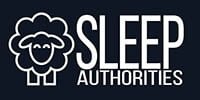- Don't: Eat Lots of Sugar
- Do: Eat Your Fruits & Veggies
- Don't: Eat Right Before Bedtime
- Do: Eat a Light Snack
- Don't: Skip Breakfast
- Do: Have Regular Eating Habits
- Don't: Eat Empty Carbs All the Time
- Do: Eat Whole Grains
- Don't: Consume Lots of Saturated Fat & Salt
- Do: Eat Fatty Fish
- Don't: Use a Nightcap
- Do: Cut Off Caffeine 6 Hours Before Bedtime
Most people know that eating well can help them feel better and reduce their risk of some serious medical conditions, like diabetes and heart disease. However, what many people don’t know is that their eating habits can also have a significant impact on their sleep quality. It’s not just what people eat either, but how and when they eat as well.
Curious about how to eat better foods for a sleep boost? Below are some simple dos and don’ts of eating for getting some shut-eye.*
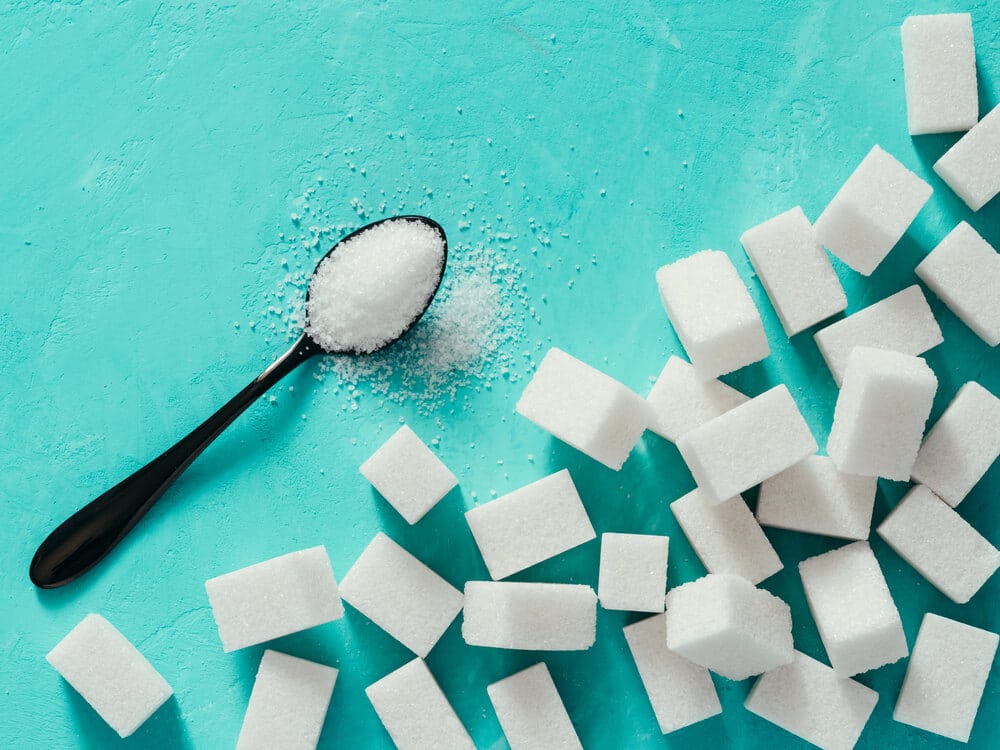
Don’t: Eat Lots of Sugar
Does sugar taste amazing? Yes. Can it negatively impact sleep quality? Also yes.[1] While you don’t have to completely eliminate added sugar from your diet, it’s best to limit the amount of sugary drinks and foods you consume. Keep sugar intake to 6-9 teaspoons a day.
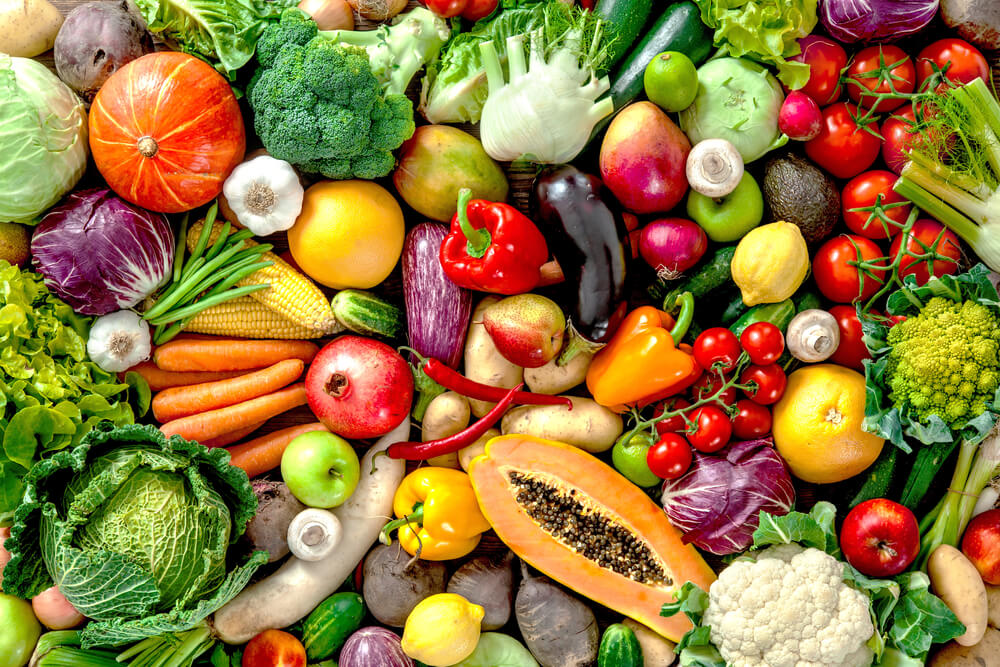
Do: Eat Your Fruits & Veggies
Craving something sweet? Grab some fruit; it’s a better choice for getting that sugar fix. Research shows that kiwis, tart cherry juice, and bananas can be particularly great for aiding rest. Vegetables, too, can also help you catch some Z’s. Try green veggies like asparagus and lettuce for some great results.[2,3,4]
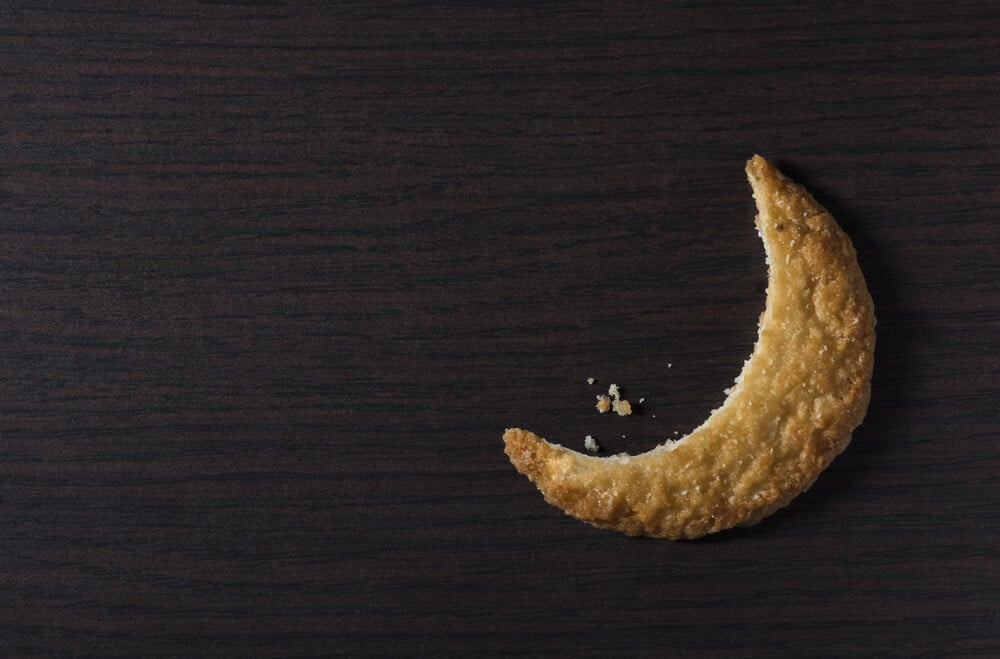
Don’t: Eat Right Before Bedtime
Big meals right before bedtime are a no-no when it comes to healthy sleep. There’s no shortage of research that suggests large meals right before trying to sleep can negatively impact your rest.[5] If you really need a bite before bedtime, there’s a better solution than a hearty meal.
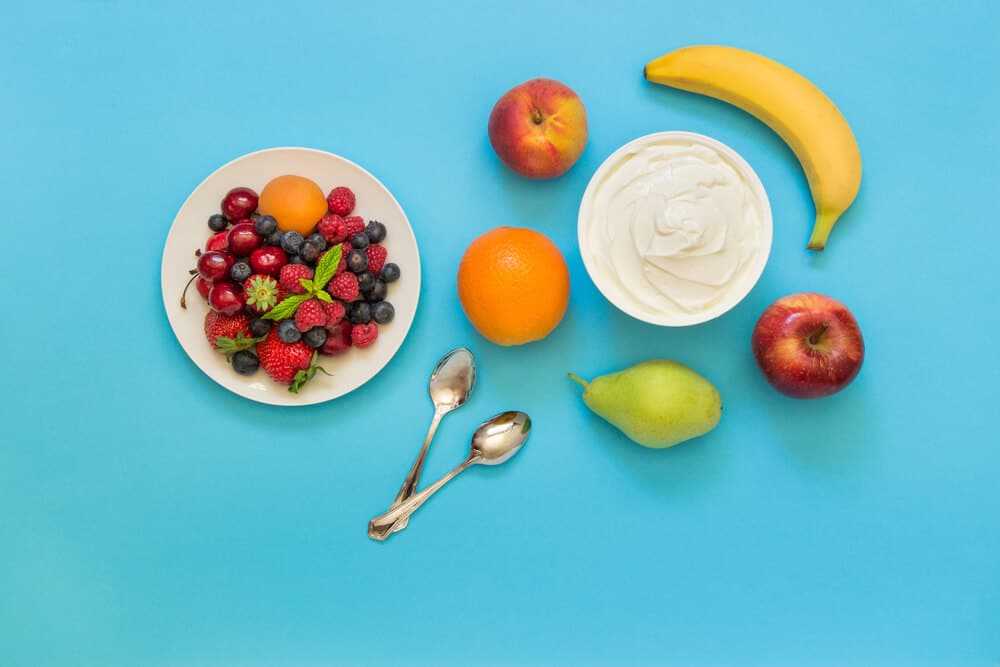
Do: Eat a Light Snack
If you’re hungry around bedtime, opt for a light snack instead. Something like an apple, banana, or Greek yogurt (without tons of added sugar) can be great nighttime snacking choices.
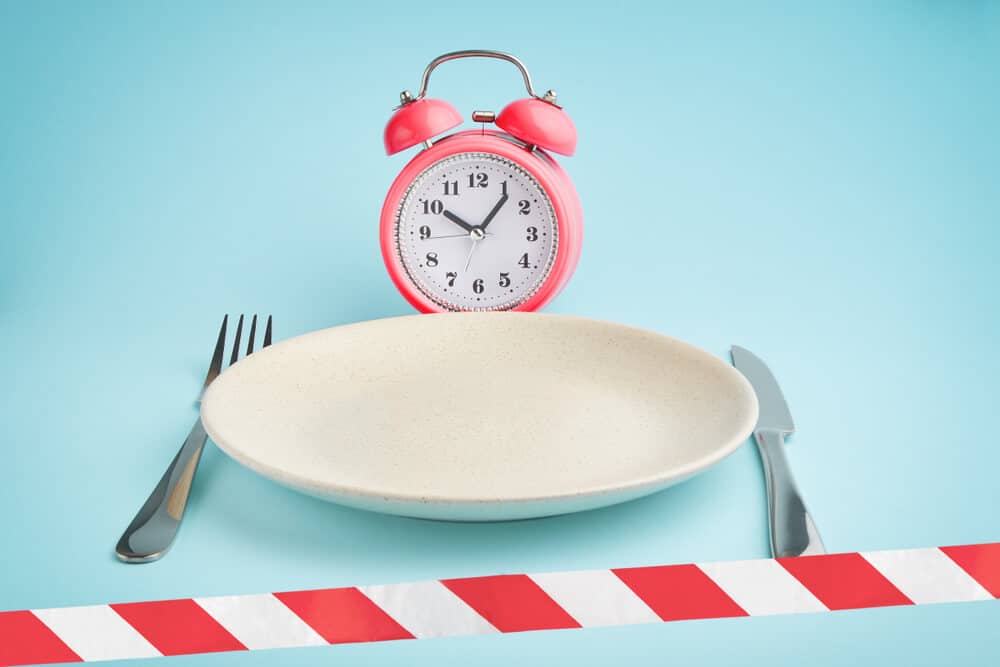
Don’t: Skip Breakfast
Some research links consistently skipping breakfast to poor sleep.[6] You don’t have to switch to eating continental platters, though. Just a little something healthy can be enough to help you fuel your body at the start of a new day.
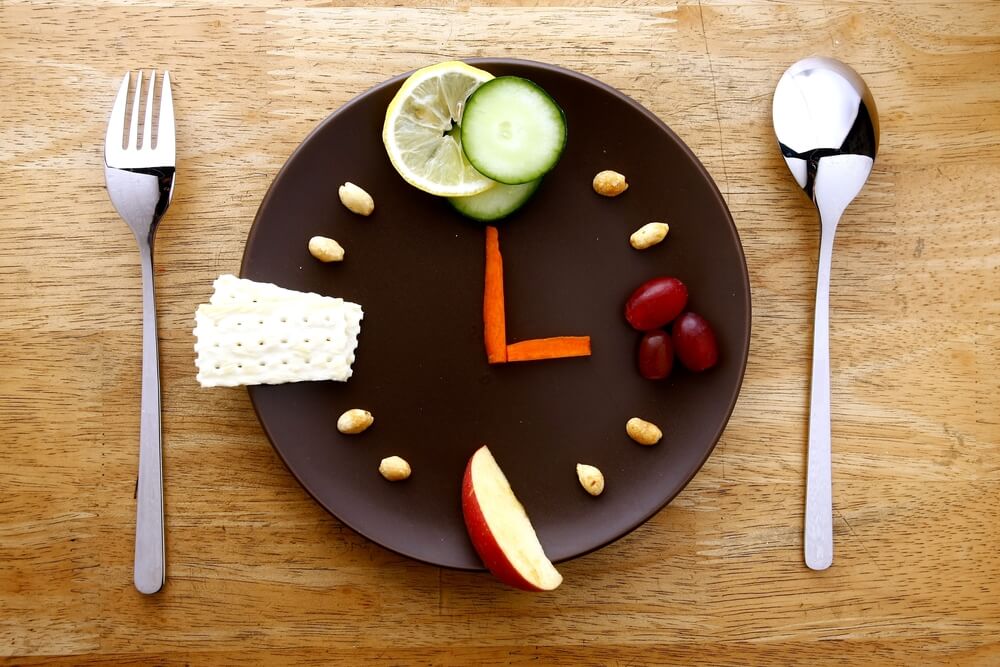
Do: Have Regular Eating Habits
Our body loves routine. While eating the exact same meals at exactly the same time every day isn’t the solution, it is good to have somewhat regular eating habits. Why? Because, according to some research, consistently erratic eating habits is associated with poorer sleep.[7]
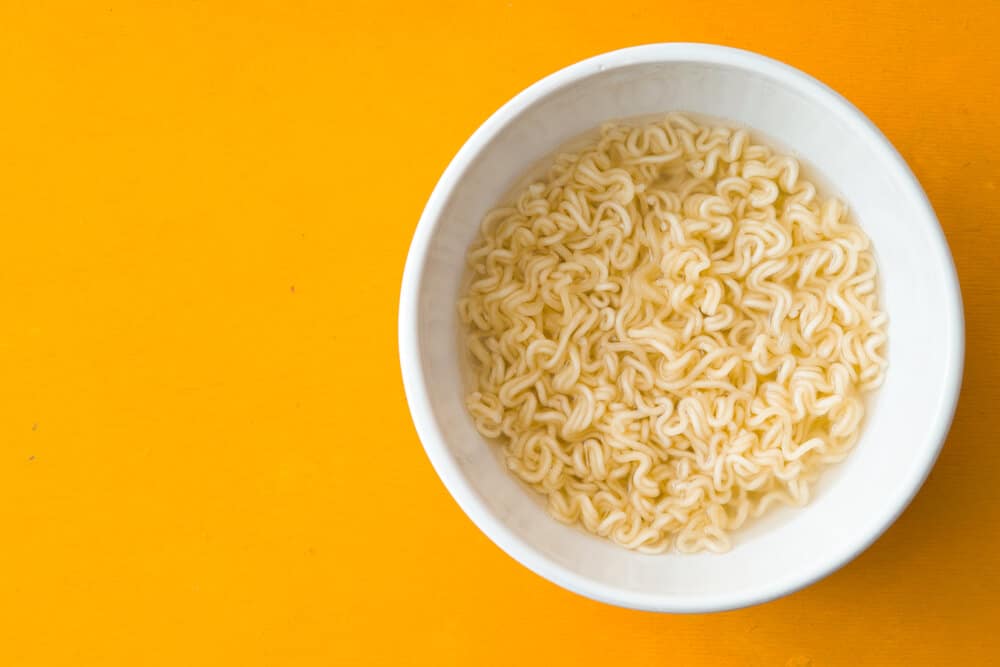
Don’t: Eat Empty Carbs All the Time
Simple, empty carbs can be fine every once in a while—but not all the time. Keep the ultra-refined carbs to a minimum.[8]
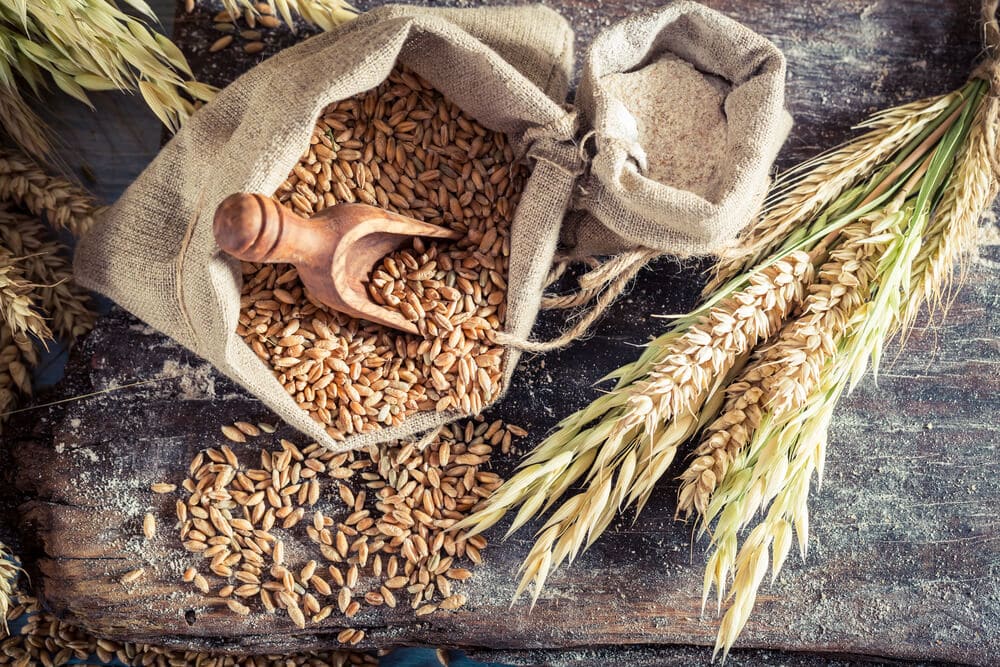
Do: Eat Whole Grains
Completely cutting carbs out of your diet isn’t the solution for better sleep.[9,10] Instead, opt for whole grains, which are less refined than other types of grains. There’s plenty of research linking whole grains to a host of health benefits, including improved sleep.[11,12]
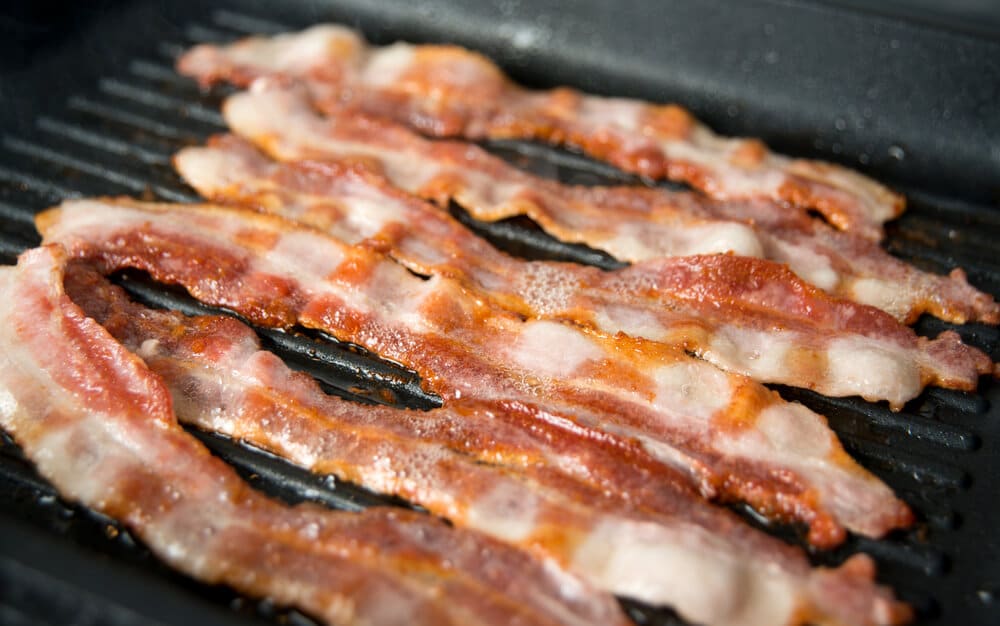
Don’t: Consume Lots of Saturated Fat & Salt
Saturated fat is one of the “bad” fats that’s best to avoid for plenty of health reasons, including aiding sleep.[13] Likewise, research suggests that salt can negatively impact circadian rhythms, which regulate sleep-wake cycles.[14] Unfortunately, about 9 out of 10 people in the United States eat too much salt on a daily basis. The average sodium intake for adults in the U.S.? About 3,400 mg![15]
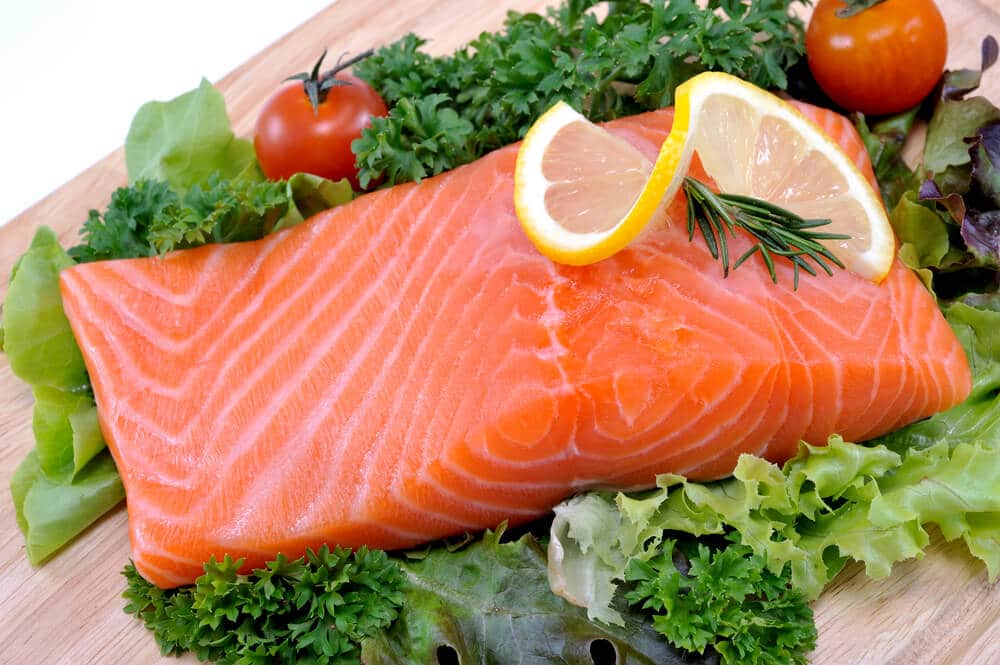
Do: Eat Fatty Fish
You need fat in your diet, but it needs to be healthy fat from foods like salmon and avocados. In fact, some research links fatty fish to moderate boosts in sleep.[16]
You’ll also need a little bit of salt in your diet, but not too much. The American Heart Association says that the ideal recommended daily sodium intake should not exceed 1,500 mg.[17] Now, cutting back on the salt could mean less chances of fragmented sleep as well as improved heart health—making this eating habit a priority.

Don’t: Use a Nightcap
This tip might seem a little counterintuitive. After all, most know that alcohol can cause drowsiness. However, just because alcohol can make you sleepy does not mean it will help you sleep well. Why? Because alcohol can suppress restorative REM sleep. That suppression can lead to issues like memory problems, and you’ll also be more likely to experience disrupted rest later in the night.[18]
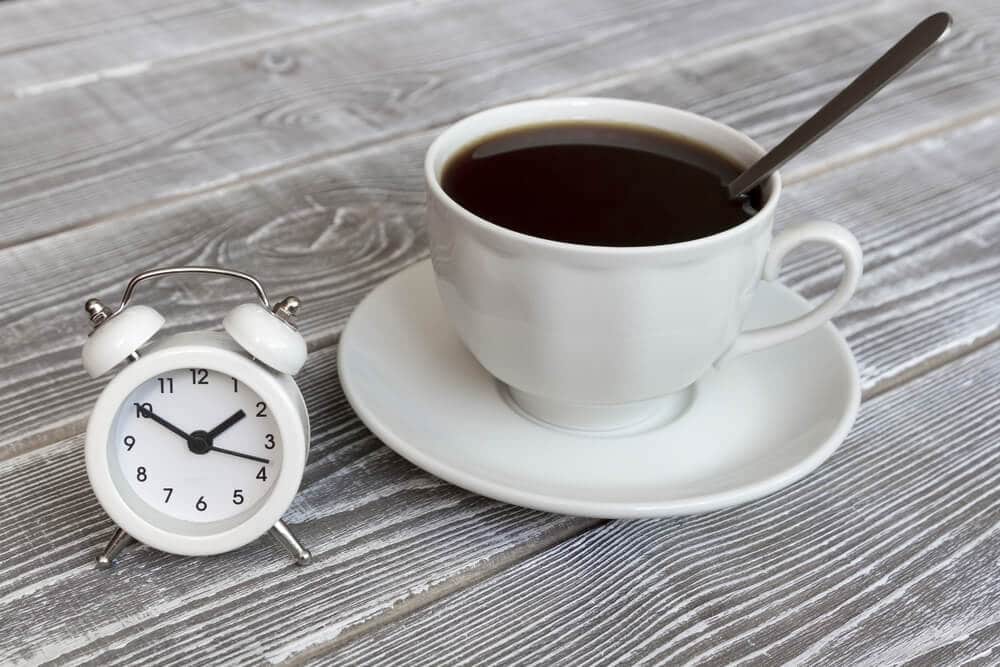
Do: Cut Off Caffeine 6 Hours Before Bedtime
Most know that caffeine is disruptive to the sleep cycle. What most don’t know is that caffeine can affect the body long after you’ve downed your favorite beverage… which means you need to cut off caffeine early in the day if you want to better protect your sleep. Research suggests that you should quit intaking caffeine at least 6 hours before your planned bedtime.[19]
Final Thoughts
Being more conscientious of how we fuel our bodies can help us not only catch some Z’s, but also feel more energized and healthier overall. Remember, it’s not just about what you eat, but how you eat, too.
[15,17]American Heart Association. (2018). How much sodium should I eat per day? https://www.heart.org/en/healthy-living/healthy-eating/eat-smart/sodium/how-much-sodium-should-i-eat-per-day
[5]Centers for Disease Control and Prevention. (2016). Tips for better sleep. https://www.cdc.gov/sleep/about_sleep/sleep_hygiene.html
[19]Drake, C., Roehrs, T., Shambroom, J., Roth, T. (2013). Caffeine effects on sleep taken 0, 3, or 6 hours before going to bed. J Clin Sleep Med, 9(11):1195-1200.
[1,4,6,7,8,11]Katagiri, R., Asakura, K., Kobayashi, S., Suga, H., Sasaki, S. (2014). Low intake of vegetables, high intake of confectionary, and unhealthy eating habits are associated with poor sleep quality among middle-aged female Japanese workers. J Occup Health, 56(5):359-68. https://www.ncbi.nlm.nih.gov/pubmed/25168926/
[2]Kelley, D. S., Adkins, Y., & Laugero, K. D. (2018). A Review of the Health Benefits of Cherries. Nutrients, 10(3), 368. doi:10.3390/nu10030368
[18]Mann, D. (2013). Alcohol and a good night’s sleep don’t mix. WebMD. Retrieved from https://www.webmd.com/sleep-disorders/news/20130118/alcohol-sleep#1
[13]Melaku, Y. A., Reynolds, A. C., Gill, T. K., Appleton, S., & Adams, R. (2019). Association between Macronutrient Intake and Excessive Daytime Sleepiness: An Iso-Caloric Substitution Analysis from the North West Adelaide Health Study. Nutrients, 11(10), 2374. doi:10.3390/nu11102374
[16]St-Onge, M. P., Mikic, A., & Pietrolungo, C. E. (2016). Effects of Diet on Sleep Quality. Advances in nutrition (Bethesda, Md.), 7(5), 938–949. doi:10.3945/an.116.012336
[10]Tan, X., Alén, M., Cheng, S.M., Mikkola, T.M., Tenhunen, J., Lyytikäinen, A., … Cheng, S. (2015). Associations of disordered sleep with body fat distribution, physical activity and diet among overweight middle-aged men. J Sleep Res, 24(4):414-24. https://www.ncbi.nlm.nih.gov/pubmed/25644747/
[9]Tanaka, E., Yatsuya, H., Uemura, M., Murata, C., Otsuka, R., Toyoshima, H., … Aoyama, A. (2013). Associations of protein, fat, and carbohydrate intakes with insomnia symptoms among middle-aged Japanese workers. J Epidemiol, 23(2):132-8. https://www.ncbi.nlm.nih.gov/pubmed/23419282/
[14]Xie, J., Wang, D., Ling, S., Yang, G., Yang, Y., & Chen, W. (2019). High-Salt Diet Causes Sleep Fragmentation in Young Drosophila Through Circadian Rhythm and Dopaminergic Systems. Frontiers in neuroscience, 13, 1271. doi:10.3389/fnins.2019.01271
[3,12]Zeng, Y., Yang, J., Du, J., Pu, X., Yang, X., Yang, S., & Yang, T. (2014). Strategies of Functional Foods Promote Sleep in Human Being. Current signal transduction therapy, 9(3), 148–155. doi:10.2174/1574362410666150205165504
Medical Disclaimer*
This article is for reference purposes only. It should not replace the advice of a licensed professional. Do not use this article to diagnose, treat, cure, or prevent any disease or condition. Any and all health concerns should be directed to a doctor or other healthcare professional.
